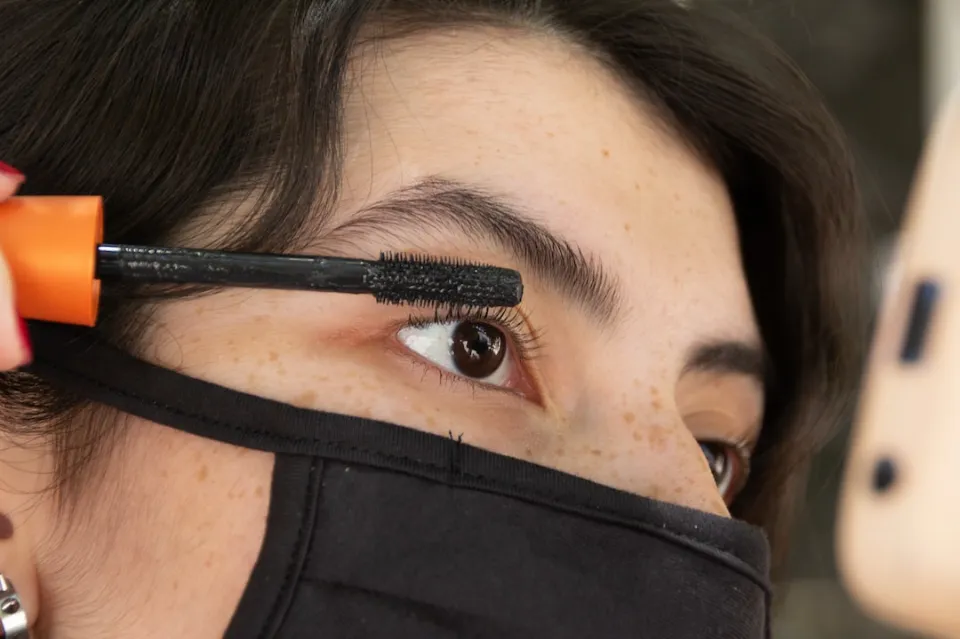
Allergic Reactions to Eyelash Extensions – 2023 Guide
We’ve all been there. That heart-sinking text from a client saying that “my eyes are red and swollen, is this normal?”. Any lashing technician could experience this, yes. Instead of panicking, what should one do in this circumstance?
What signs indicate an allergy to the glue in lash extensions? Red, puffy eyes, swollen eyes, and/or itching can all be symptoms of allergic reactions.
The effects of allergies on eyelash extensions are discussed further in the following paragraphs.
What is Eyelash Extension Glue Allergy?
An allergy is our body’s reaction to a substance it views as harmful “invader” (like pollen, peanuts, etc) known as allergens. We regrettably don’t know why some people’s bodies react to particular allergens.
The human body produces what are known as “antibodies” to combat certain allergens when a person’s body begins to react against them.
Your body will fight the allergen even more vigorously the more exposure you give it. Consequently, a more severe allergic reaction may occur with increased exposure.
When Does An Allergic Reaction to Eyelash Extensions Happen?
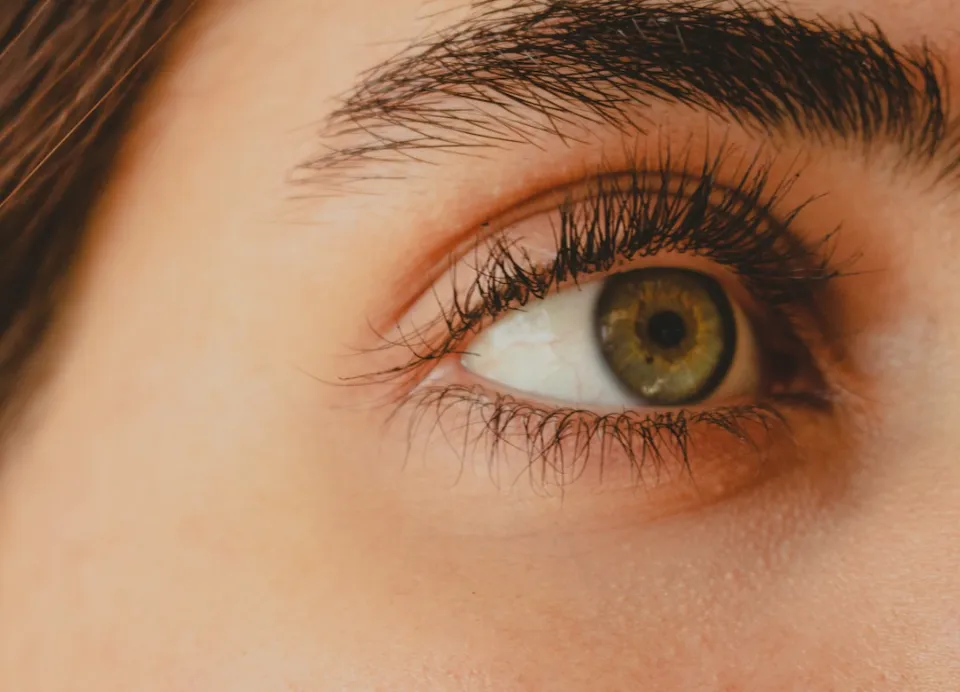
When your immune system responds to a foreign substance even though it is safe and treats it like a virus or bacteria, it has an allergic reaction.
If this happens, your immune system releases antibodies and histamines that remain on alert for that specific allergen, which causes itchiness, swelling, and other signs of allergic reactions to expel the foreign substance.
We are aware that pollen and nut allergies are the two most prevalent types of allergies. But have you ever heard of allergy to eyelash extensions?
Yes, there is such a thing.
The glue or adhesive used to attach lash extensions to natural eyelashes is typically to blame for allergic reactions to lash extensions.
A small portion of the population may react negatively to some of its ingredients and experience allergic reactions.
What Causes Eyelash Extension Glue Allergy?
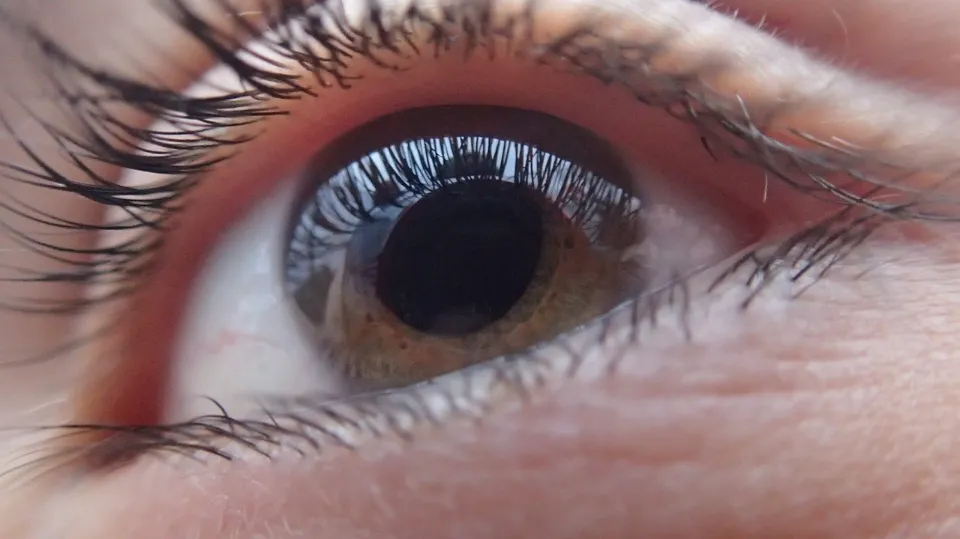
The substance that causes a glue allergy is typically known to be cyanoacrylate, which is the primary ingredient in lash glue.
It’s likely that you already know that eyelash extension glue—specifically, cyanoacrylate—cure by responding to humidity. So, the nature of Any humidity that cyanoacrylate can find is to attach itself to.
And where on our faces is it the driest? Because of this, symptoms of a glue allergy such as watery eyes and runny nose usually begin in the eyes and nostrils.
Read More: How To Shower With Eyelash Extensions
Unfortunately, cyanoacrylate allergies are a fact of life for some people. It is the same as having a dust, peanut, or pollen allergy.
It is advised to take the extensions off during allergy season if your client is only sensitive during seasons when allergies are common, such as spring or fall. The body sometimes has a hard time telling the difference between lash glue and other allergens like dust and pollen. The client will always have allergies once the body starts to produce antibodies. Same thing might happen if the client is under stress which causes more hairs than usual to enter the “telogen” or “resting” phase of the hair growth cycle, which can leave those hairs to fall out along with the extensions.
Read More: Does Vaseline Help Your Eyelashes Grow Longer
What Are the Symptoms of a Lash Extensions Allergy?
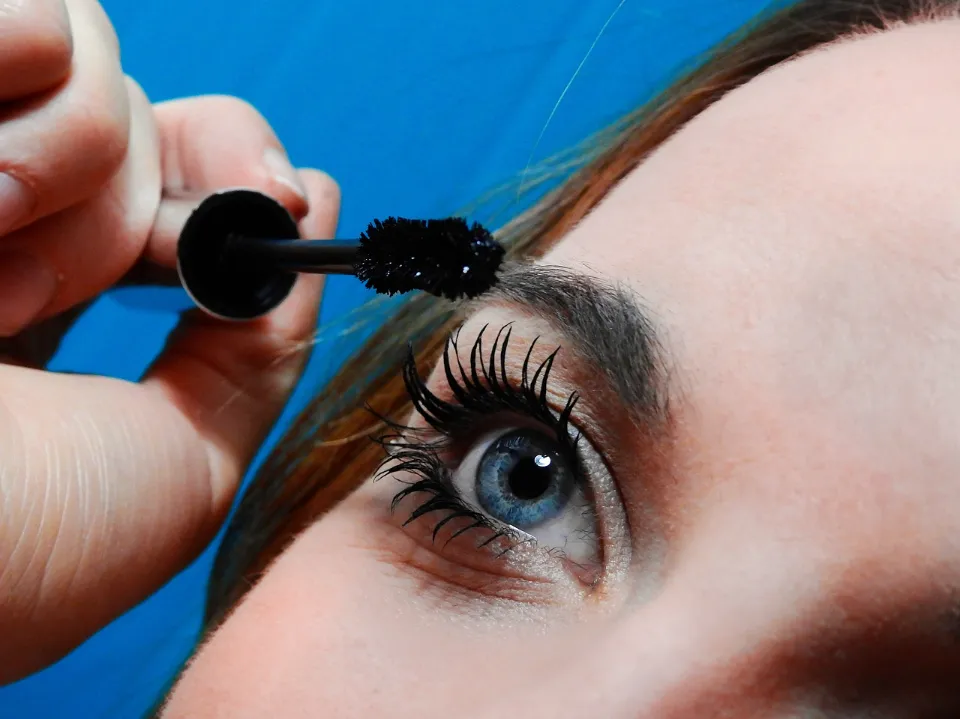
The symptoms of an allergy to lash extensions can differ from person to person. The most common allergic reaction to eyelash glue symptoms are:
- Redness
- Itchiness
- Irritation
- Swelling
- Watery eyes
- Runny nose
- Headaches
Keep in mind that most cyanoacrylate-based reactions take several days to show up. But when they do, allergies to lash extensions present as a concomitant occurrence of a number of symptoms.
If you don’t completely eliminate the cause, your allergic reaction to lash extensions won’t go away.
That’s why the first step to eliminating the reaction is removing the allergen as soon as possible, preferably by booking a professional lash extension removal appointment.
Other lash extension-related problems like blepharitis or even lash mites may also be indicated by itchy, red eyelids. It is crucial to speak with your doctor or visit an ophthalmologist if your symptoms persist even after the lash extensions have been removed.
Eyelash Extension Allergic Reaction – Treatments
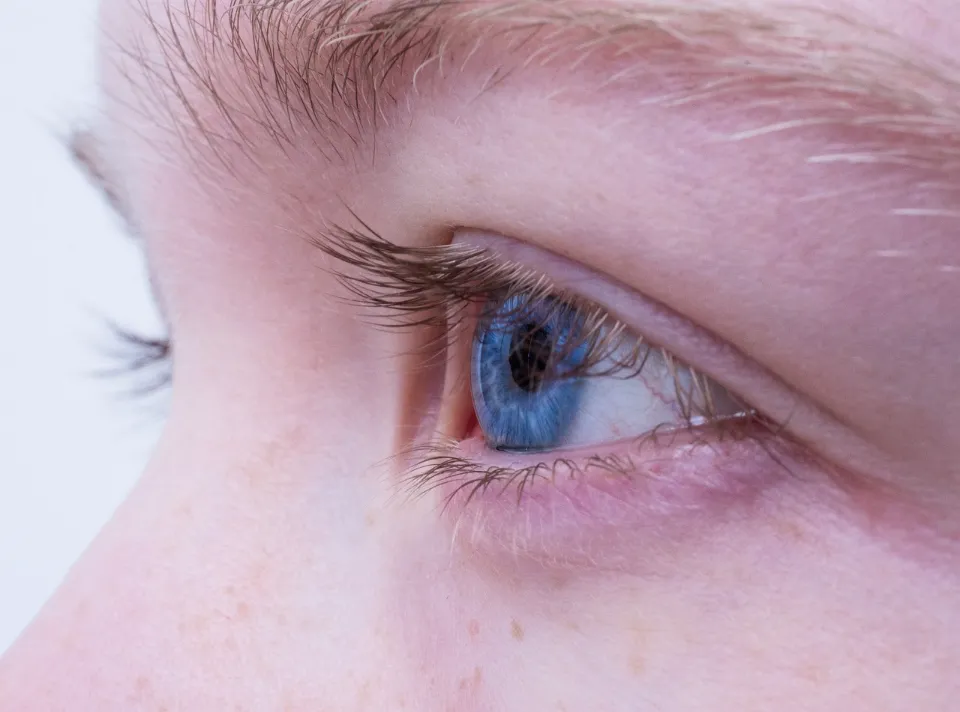
You should be able to treat the symptoms at home after your artist has given you instructions because most allergic reactions to eyelash extension adhesives are mild. Some basic rules to follow are:
- If your eyes are itchy, try not to rub them and buy hydrocortisone ointment or cream, antihistamines, and over-the-counter eye drops.
- Seek prompt medical attention if symptoms last for a long period of time, interfere with your quality of life, or make it difficult for you to breathe.
Read More: Pros And Cons Of Lumify Eye Drops
How to Prevent Allergic Reactions to Eyelash Extensions
If you take care of a few things, it will be simpler to avoid allergies and lash irritations like red or bloodshot eyes.
Have an anti-allergy gel pot opened during the appointment to prevent allergies to eyelashes. The fumes that the lash glue produces are absorbed by this product.
If you are allergic to the black dye, you can also request a lash glue without carbon black from the lash technician.
The lash technician may have options for you regarding lash adhesives with less cyanoacrylates if you let them know your concerns.
You can request a patch test if your tech isn’t already performing one; at Divine Lashes, we frequently perform one when using new clients or products.
Final Thoughts
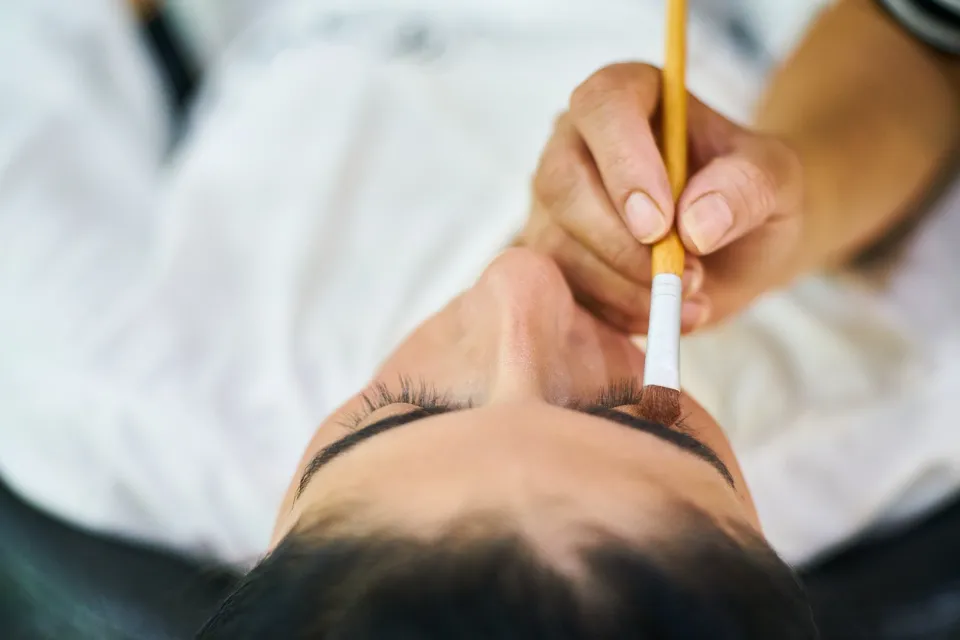
You now understand the distinction between lash allergies and lash irritations. While the second one comes and goes quickly, the first one lingers and gets worse over time.
In addition to headaches, lash allergies can cause swelling, itchiness, burning, and stinging. They frequently arise from allergic substances present in lash glue and associated products, such as cyanoacrylate, carbon black, lead, and benzoic acid.
Instead of using natural fibers made from real mink fur, choose cruelty-free synthetic lash extensions to lower your risk. At Divine Lashes, we don’t supply natural lash treatments.
If you have worn extensions for a long time and now suddenly feel uncomfortable, check into latex allergies. Always choose a licensed technician to minimize your exposure to allergens.
FAQs
How Do You Treat An Allergic Reaction to Eyelash Extensions?
Get treatment to lessen the symptoms by speaking with a doctor or pharmacist. Use antihistamine eye drops or an oral antihistamine. Apply an eye-safe topical allergy reliever to the affected area. For irritability relief, apply a cold compress.
Why Am I Suddenly Allergic to Eyelash Extensions?
It is most frequently a cyanoacrylate allergy that causes a client to have an allergic reaction to their eyelash extensions. It is the fundamental component of all lash adhesives. It is this important component that solidifies during curing.
What Does An Allergic Reaction to Lash Extensions Look Like?
Eye swelling, itching, and/or red, puffy eyes are all possible symptoms of allergic reactions. It’s possible that these signs take time to manifest. Up to three days may elapse before you start to experience any kind of reaction. These signs may persist until the adhesive is completely removed from your eye if you start to experience them.




Average Rating